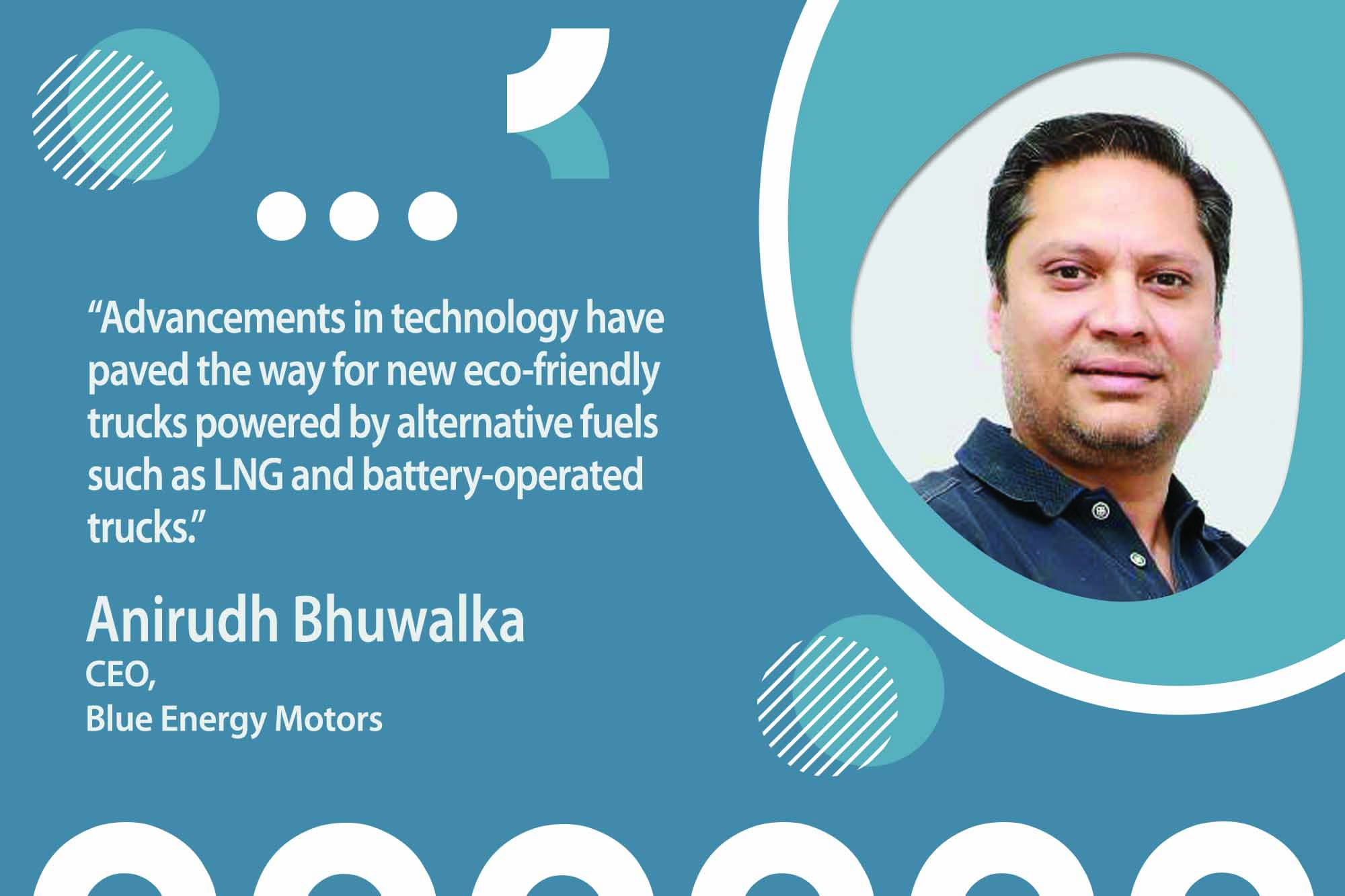This article delves into the burgeoning importance of sustainability within the sector, shedding light on innovative practices adopted by builders and developers to minimise the ecological footprint of construction activities. From the startling statistics on India’s carbon emissions to the pivotal role of LNG trucks, the article explores a comprehensive journey towards a more environmentally conscious construction landscape.
In an era where environmental awareness is gaining momentum, sustainability has become essential in shaping practices across various industries. Amongst these, the construction sector is experiencing a notable shift towards sustainability as it seeks to minimise its environmental footprint. As awareness of the ecological consequences of construction activities increases, builders and developers in India are embracing innovative sustainable practices.
India ranks as the fourth largest carbon emitter globally, with greenhouse gases (GHGs) being the primary environmental pollutant. Out of this, the construction industry bears a 19% responsibility for GHG emissions, yet infrastructure remains a fundamental necessity for growth in developing nations like India. Approximately 40% of carbon emissions originate from construction and building activities, stemming from processes such as lighting, cooling, and heating materials. As the construction industry continues to expand, there is a need for solutions that can minimise the negative impact on the environment. Historically, construction practices have been linked to considerable pollution and carbon emissions, exacerbating environmental decline. The construction industry is a major cause of environmental damage, contributing to 23% of air pollution, 40% of water pollution, and 50% of landfill waste.
Road transport accounts for approximately 60-65% of freight movement in India, making it the primary mode for transporting raw materials for construction. The heavy-duty truck segment in India is crucial for transporting raw materials such as cement, steel, bricks, timber, and various chemicals across the country. These vehicles are typically used for long-distance haulage and are designed to carry heavy loads. Road transport accounts for 12% of India’s energy-related CO2 emissions and is a key contributor to urban air pollution. Against this backdrop, integrating LNG trucks into construction operations is a crucial step towards achieving long-term sustainability, specifically in the construction sector.
Enhancing sustainability with green trucks
Advancements in technology have paved the way for new eco-friendly trucks powered by alternative fuels such as LNG and battery-operated trucks. These offer promising solutions to mitigate the environmental footprint of construction activities.
LNG combustion produces minimal smoke, dust, or odours, making it environment-friendly. In addition to its eco-friendly attributes, the compactness of LNG makes it particularly suitable for long-haul transportation. The technology for LNG as a fuel is well-established. It has been successfully adopted in European and other developing markets, positioning it as a viable transition fuel for India’s transportation industry. Therefore, LNG can effectively meet the nation’s growing demand for cleaner energy and help mitigate air pollution. LNG, existing in cryogenic liquid form, takes up much less space than CNG, offering higher energy density and an extended vehicle range. This characteristic makes LNG a preferable fuel for India’s extensive fleet of long-haul, heavy-duty trucks currently dependent on diesel.
By integrating LNG into commercial trucks serving the construction sector, India can benefit from the lower environmental impact of LNG, resulting in quieter engines and reduced demand for conventional fuel vehicles. The Indian government is actively setting up LNG dispensing stations, with plans to construct 1,000 LNG stations along major highways, industrial corridors, and mining areas within three years. Additionally, the government is building extra LNG terminals, with a planned addition of 17 million tons of LNG capacity by next year, supplementing the existing annual capacity of 42.5 million tons. Promoting LNG-based vehicle production by OEMs and offering incentives for the trucking community to switch could overcome barriers, making LNG the preferred fuel for India’s extensive fleet of heavy-duty trucks in the construction industry.
While the initial investment in green trucks may seem daunting, their long-term benefits outweigh the upfront costs. Electric trucks, for example, have lower maintenance requirements and operating costs than diesel vehicles. With fewer moving parts and simplified drivetrains, electric trucks offer significant savings in maintenance and fuel expenses over their lifespan. In addition, electric trucks operate silently compared to their diesel counterparts, making them ideal for construction projects in urban areas or sensitive environments. This noise reduction enhances the quality of life for nearby residents and minimises disruptions during construction activities.
As governments and regulatory bodies plan to incentivise sustainable technology adoption, construction companies benefit from subsidies, tax credits, and grants.
Shaping tomorrow’s skylines sustainably
As we stand at the crossroads of environmental stewardship and economic progress, the construction industry holds immense potential to lead the charge toward a sustainable future. By harnessing the power of green transportation, we can mitigate the environmental impact of construction activities, improve air quality, and pave the way for a greener tomorrow. However, realising this vision requires collective action from stakeholders across the construction value chain, from manufacturers and policymakers to contractors and consumers. Together, let us embrace innovation, drive positive change, and build a more sustainable world for future generations.
Cookie Consent
We use cookies to personalize your experience. By continuing to visit this website you agree to our Terms & Conditions, Privacy Policy and Cookie Policy.





















